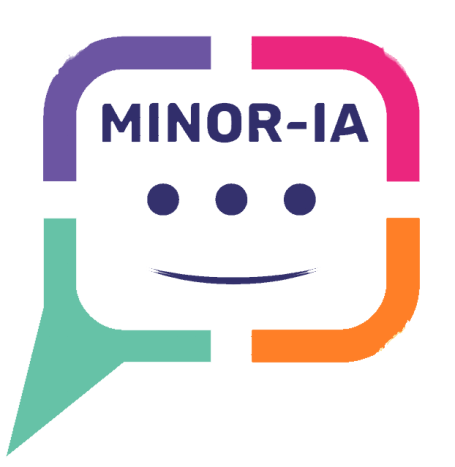MINORIA APPLICATION
This application ensures SLMs provide consistent, evidence-aligned support while respecting the complexity of PTSD care—bridging gaps in accessibility without compromising clinical rigor.
Scenario Design Principles
Diverse Trauma Personas
- Scenarios cover PTSD subtypes (e.g., combat, assault, disaster trauma) and demographic variations (age, cultural background) to improve generalization2.
- Example: TIDE dataset’s 500 synthetic personas with tailored linguistic markers (e.g., avoidance semantics in abuse survivors)2.
Three-Factor Empathy Framework
Scenarios train models to:
- Recognize emotion: Identify distress cues like hypervigilance (“I can’t stop checking the locks”)2.
- Normalize distress: Validate experiences without pathologizing (“Your reaction makes sense given what happened”)2.
- Reflect supportively: Suggest evidence-based strategies (grounding techniques from CBT)1.

Clinical Validation Workflow
Psychologist Review
- All synthetic dialogues are vetted for:
Bias Mitigation
Scenarios include adversarial examples to reduce harmful generalizations (e.g., avoiding assumptions about gender-based trauma)2.

Training Objectives
Contextual Response Generation
- Models learn to adjust replies based on:
Ethical Guardrails
- Scenarios enforce boundaries:
- Prohibit treatment recommendations beyond first-aid support.
- Redirect high-risk disclosures to human professionals2.

Evaluation & Iteration
Human Feedback Loops
- Clinicians rate responses on:
Adaptive Learning
Models update via federated learning using anonymized clinician corrections (e.g., refining hyperarousal responses)2.

MINORIA © All rights reserved.
We need your consent to load the translations
We use a third-party service to translate the website content that may collect data about your activity. Please review the details in the privacy policy and accept the service to view the translations.

